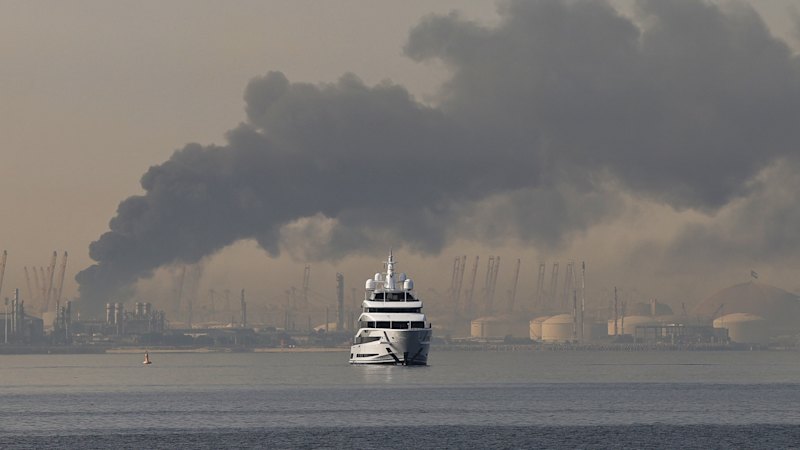
Nauru’s President, David Adeang, has suggested the possibility of returning refugees from the NZYQ cohort to their home countries. This statement comes from an interview that was translated into English for the first time, highlighting tensions between the Nauruan government and Australia, which reportedly sought to suppress its content. Adeang’s claims raised concerns due to their implications for the treatment of refugees under international law.
In the interview, Adeang incorrectly asserted that those being sent to Nauru are not refugees. He indicated that Nauru might explore options for returning individuals to their countries of origin, where feasible. According to Guardian Australia, members of the NZYQ group have had their refugee protection claims recognized by Australia, contradicting Adeang’s assertions. It is believed that some of the men already transferred to Nauru are indeed refugees.
A partial transcript of Adeang’s interview was previously reported, with a full, independent transcript presented to the Australian Senate by Senators David Pocock and David Shoebridge. The Australian government has been resistant to disclosing its translation of the interview. Foreign Affairs Minister, Penny Wong, stated that publication could “prejudice Australia’s international relations” and its standing in the Pacific region.
At least five members of the NZYQ cohort have been forcibly relocated to Nauru, where they are currently held at a regional processing centre. Under international obligations, Australia is required to protect refugees and cannot return them to countries where they face a “well-founded fear of persecution.” This principle also applies to situations involving third countries, a practice known in international law as “chain refoulement.” Nauru is a signatory to the same conventions protecting refugees.
Adeang’s interview, conducted in February, provided insight into a new agreement between Nauru and Australia. Under this deal, Australia is set to pay Nauru up to $2.5 billion over the next three decades to accept members of the NZYQ cohort. Adeang specified that those transferred to Nauru would remain on the island for up to 30 years unless alternative arrangements could be made for their return.
“The problem now is, Australia cannot return them home; these people are what you would refer to as stateless,” Adeang remarked. He noted that the homelands of these individuals may not accept them back, complicating their situation further. Despite his claims, reports indicate that none of the men sent to Nauru under this new agreement are stateless.
Adeang also described the individuals in the NZYQ cohort as “regular people” with criminal backgrounds, stating they are now free but cannot return to their countries. The NZYQ cohort consists of 354 non-citizens released from indefinite immigration detention in Australia following a high court ruling in late 2023, which reinstated their refugee claims. Most individuals in this group have completed prison sentences but are unable to return home due to fears of persecution.
Critics have pushed back against Adeang’s characterization of the cohort. Shoebridge questioned whether the Australian government misled the Nauruan government regarding the refugee status of these individuals, emphasizing that many fled persecution.
Advocacy groups have expressed alarm over the Australian government’s handling of this offshore processing program. Ogy Simic, head of advocacy at the Asylum Seeker Resource Centre, criticized the secrecy surrounding the program, asserting that it erodes public trust and fosters an environment where abuse and corruption can thrive. He highlighted that the interview reveals Nauru’s intent to return individuals to their countries of origin, contradicting Australia’s obligations to protect refugees.
Legal experts have echoed these concerns. Sanmati Verma, legal director of the Human Rights Law Centre, condemned the government’s efforts to conceal details of its agreement with Nauru. She underscored the potential dangers of forced removals, emphasizing that the Australian government cannot guarantee the safety of those relocated to Nauru.
As the situation develops, the Australian government faces pressure to clarify its position and ensure the rights of the NZYQ cohort are protected. The complexities of international law and refugee rights will continue to be at the forefront of discussions surrounding this contentious issue.






